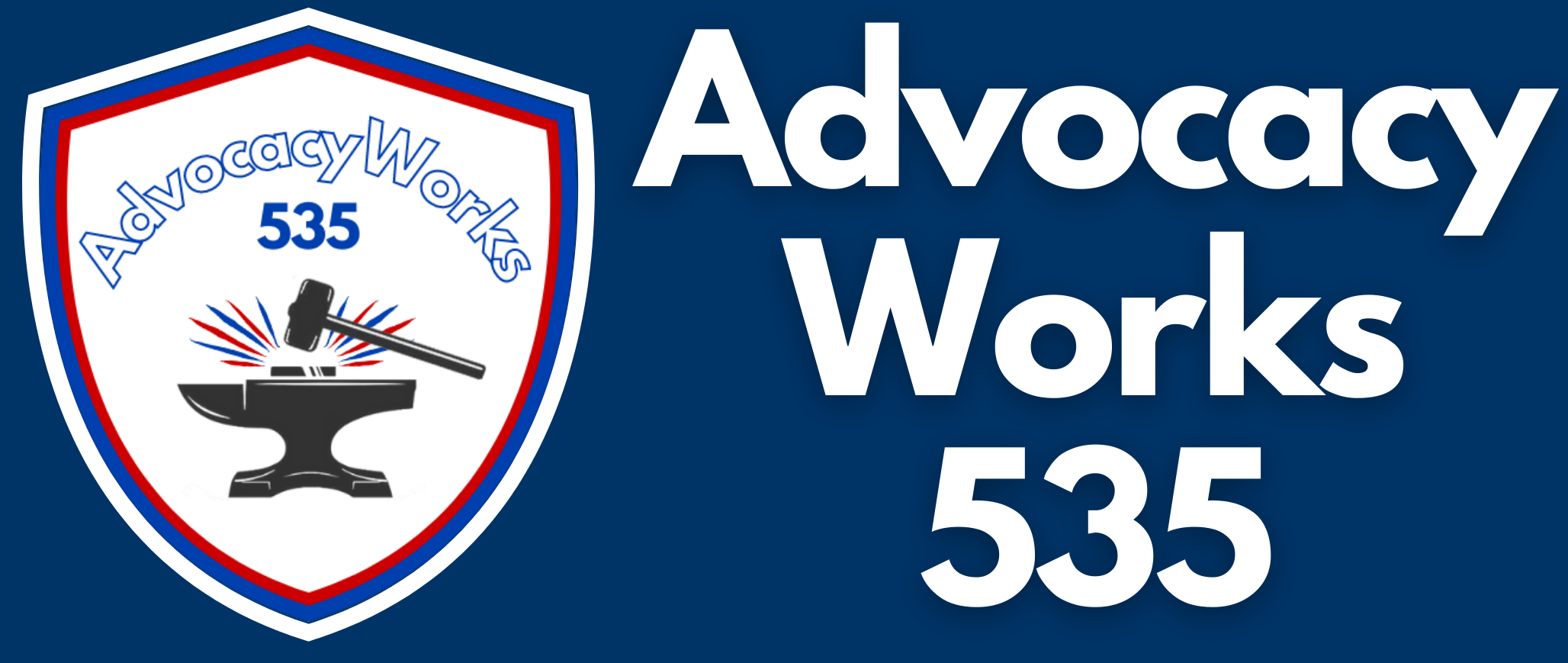Like any lobbyist, I quickly learned to expect curveballs during my meetings on Capitol Hill. Here’s one I never saw coming. I started the conversation with a typical windup.
“I’m the senior lobbyist for Goodwill. I represent the views of local Goodwill agencies across the country, including the one that operates in your district…”
“Let me stop you there,” she said. “The Goodwill agency in our district really doesn’t have much presence, if any. It doesn’t operate any stores or programs in our district, so why should I keep listening to you?”
(Long awkward silence)… “Well…. Uh…” (More awkward silence)… “Thank you for your time.”
STEE-RIKE!
At first, I tried brushing off my embarrassment by blaming the legislative director for being rude. Then I realized she simply had the confidence and honesty to say what most Hill staffers are too polite to say.
Research conducted by the Congressional Management Foundation backs up my assertion. Of the congressional staff who participated in a CMF survey, fewer than 10% agreed that meetings with lobbyists have a lot of influence, yet more than half agreed that in-person meetings with constituents have a lot of influence. In other words, many lobbyists claim to represent their supporters’ views, but most don’t substantiate those declarations by mobilizing their grassroots advocacy networks.
Early in my tenure at my first government relations job at Catholic Charities USA, my friend and mentor taught me a term of art for lobbyists who claim, but cannot prove, to represent their supporters’ views – “Paper Tiger.” You’re not alone if you’ve never heard the term before? I’ve rarely heard the term referenced since she first introduced me to it.
That’s a problem!
Paper-tiger advocates don’t have the influence they think they have. So you’d think being a paper tiger would be a top concern for every lobbyist from K Street to Main Street. Best case, paper tigers just waste time – theirs and that of the Hill staff they meet with. But worst case, they allow Congress to pass legislation that fails to account for important constituent views. Fortunately, the paper-tiger population on Capitol Hill can be controlled. Here’s what can be done.
- Congressional staff can be empowered to throw the occasional paper-tiger penalty flag. When lobbyists claim (but haven’t proven) to have the backing of their supporters, congressional staff should feel licensed to politely ask them to prove it before any future meetings.
- Association members can do the math. Membership dues only pay for a handful of lobbyists, when 535 (one for each Member of Congress) are needed. Association members should develop relationships with their elected officials and keep their professional lobbyists informed of their advocacy activities.
- Associations can recognize that influential advocates rarely develop in nature. Associations should invest time and resources to FORGE newly-minted grassROOTS advocates into influential grassTOPS advocates.
The good news is that most advocacy organizations have the tools they need to transform their paper tigers into fierce ones. The bad news is that most government affairs professionals lack the interest, skills, time and patience to forge paper advocates into influential ones.
Find out how AdvocacyWorks 535 can help your association, nonprofit or company to forge its streak* of fierce tigers.
* A group of tigers is called a “streak.”


